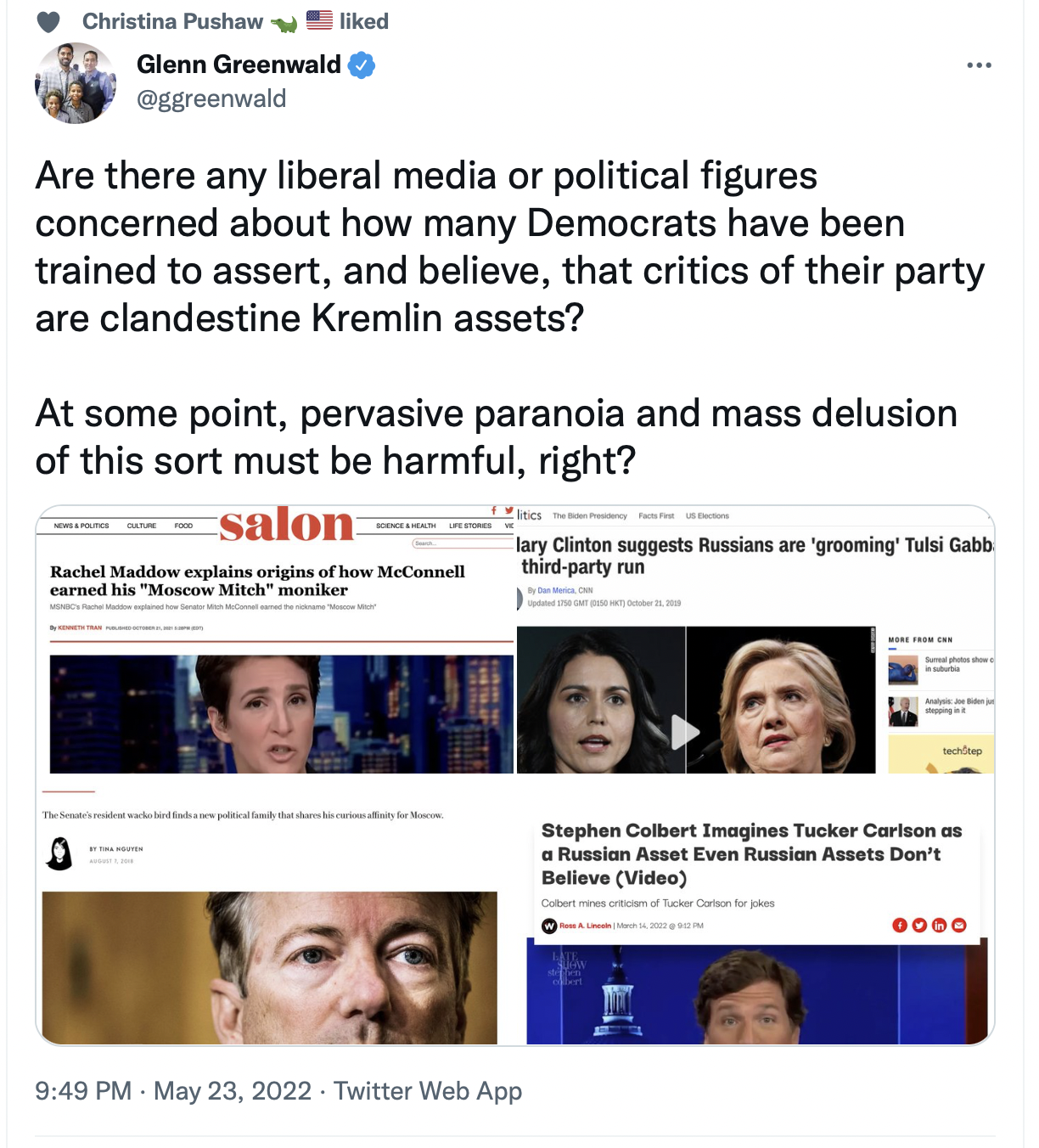Glenn Greenwald and Matt Taibbi discuss the state of the news media in the age of Trump.
Glenn Greenwald and Matt Taibbi discuss the state of the news media in the age of Trump. Excellent analysis.
0:00 David Sacks explains the origin of this panel on political discourse in America 2:56 Understanding the new political divide, how Trump's victory impacted discourse 12:37 Can mainstream media ever get back to relative neutrality? 29:15 Audience Q&A


